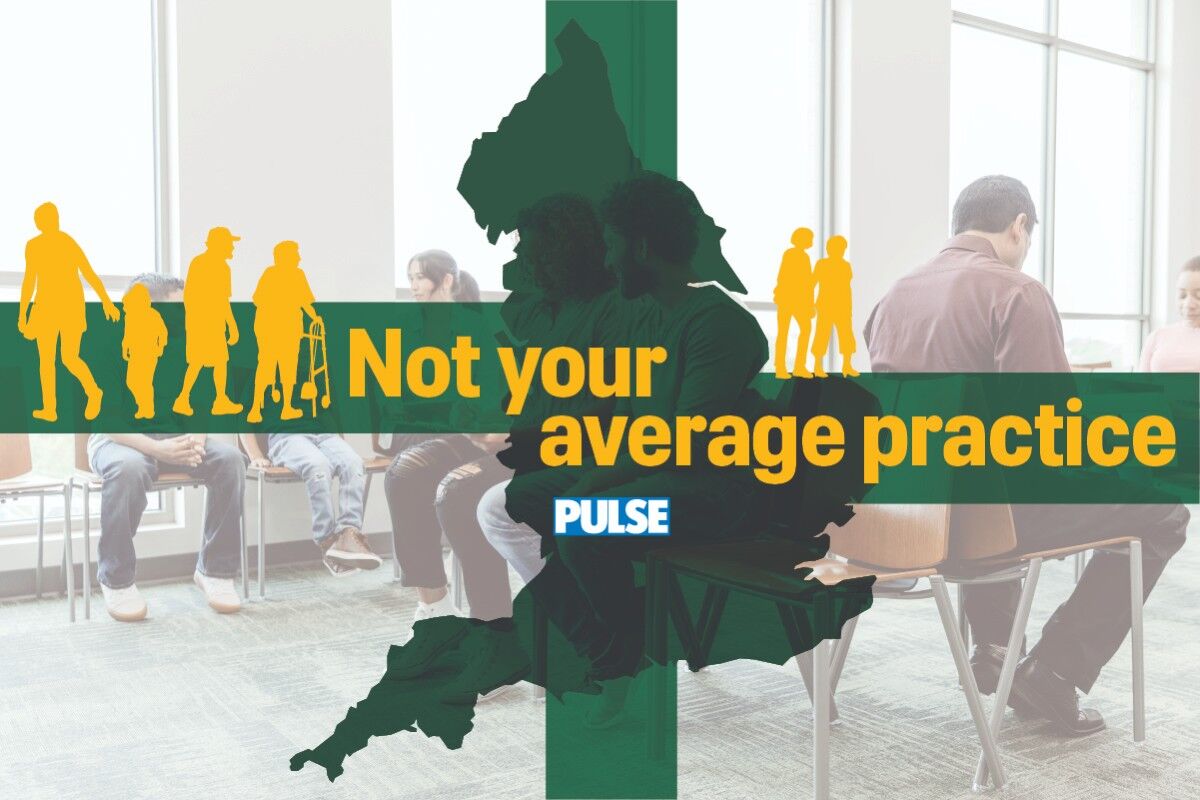The BMA has launched its ballot asking GPs what action they are prepared to take against NHS England and the Government’s access plan, with GPs given until 14 November to vote.
In an update on its website, the BMA’s GP Committee said it was holding the ‘indicative’ ballot to ask practices whether they would be prepared to take any or all five specific actions in an attempt to ‘re-think’ their plan to improve access.
Pulse understands that five options on the ballot, which is only accessible to BMA members, including:
- Withdrawal from the PCN DES at the next opt-out period, which is not a breach of contract;
- Disengage from the PCN DES before the next opt-out period, which is a breach of contract;
- Refusal to comply with the contractual requirement for ensure GPs declare earnings over £150,000 per year;
- Refusal to comply with the contractual requirement to provide Covid exemption certificates;
- Participate in a ‘coordinated and continuous change to your appointment book’, to affect the quality of the data NHS England are looking to collect .
In an email sent to GPs today, seen by Pulse, the BMA said: ‘Some of the actions we are asking practices to consider would be a breach of contract, but such action may be necessary to convince the Government and NHSEI of the need to provide the necessary support to practices in order to deliver high quality, effective and safe patient care, both over this winter and in the longer term.’
Accompanying guidance published on the BMA website said that responses will be collected at practice-level so each practice should provide one response ‘on behalf of the practice as a whole’.
It said: ‘We would strongly recommend that each practice discusses the ballot and how to respond at a partnership meeting, having regard to their partnership agreement for how decisions are reached.
‘The liability of any decision will rest with the partners, however the BMA would encourage and strongly recommend that practices discuss this matter with salaried and locum GP colleagues and other staff working within the practice, since decisions may affect all GPs and staff within the practice.’
The electronic ballot is being hosted on the BMA website and any practice that has a BMA member as a contract holder can take part, it added.
The BMA has written to all GPs it holds contact details for to ‘ensure that they are aware of this issue and to engage in relevant discussions’, it said.
The guidance set out that while recording appointments data has been a contractual requirement since last year, practices will not be in breach of their core contract if they record the data ‘in slot types that are unmapped to the national categories’.
This will ‘degrade the data quality, making it harder to identify healthcare professionals or mode of appointment types’ and disrupt the identification of practices for improvement measures, it said.
However, this action may impact the distribution of the £250m winter access fund, would not reduce practice workload and would affect network incentive funding related to appointment mapping, it added.
The guidance also clarified that withdrawing from the PCN DES during the opt-out period would not constitute a breach of contract and that LMCs ‘would not be acting unlawfully in collecting and sending practice letters of undated withdrawal from the PCN DES’, according to advice from a QC.
However, it said that those who do so would lose associated funding, including cash that supports the employment of additional roles staff – potentially leaving PCNs with ‘liability’ for the staff or leading them to lose the staff altogether.
The loss of non-DES services the additional roles staff provide could result in ‘increasing workload’ for practice staff and leaving the DES could mean practices or PCNs ‘lose influence’ in ICSs and local systems, it added.
Those who do not withdraw will see ‘no change’ to their current workload and workforce and will have to provide any new services that are introduced, it said.
If the action goes ahead, the BMA will provide template letters for practices to send to their LMC and practices will be able to rescind their withdrawal by notifying the LMC before it is sent to the commissioner, it added.
Disengaging from the DES without formally withdrawing would not constitute a breach of the core contract but would breach the DES contract and would ‘likely’ lead to commissioners taking action against the practice, as well as the above consequences, the BMA said.
Commissioners may:
- Apply ‘appropriate and proportionate’ sanctions relative to the breach, such as terminating or suspending ‘specified reciprocal obligations under the contract’ or withholding or deducting funding
- Serve a remedial notice outlining what the practice must do to remedy the breach, followed by an ‘immediate termination of the contract’ if not addressed within the specified timeframe
- Immediately terminate the contract if the safety of patients would otherwise be ‘at serious risk’
But commissioners must ‘consult the LMC before it takes any of these actions and must give notice in writing to the LMC of any sanction or termination’, the BMA said.
Practices that decide not to comply with contractual requirements to ensure GPs with earnings over £150k declare them and to provide Covid exemption certificates, will also be in breach of their core contract, the guidance set out.
However, not being named on the list of those earning above £150k ‘would likely reduce the stress and risk of abuse from patients’, it added.
It comes as Pulse revealed that an LMC has told practices it will not ask them to disengage from NHS England’s GP access plan or take part in industrial action, while others are still deliberating what action to take.
Last month, the BMA’s GP Committee announced it had voted to ballot the profession on potential industrial action and called on practices to disengage from the PCN DES in protest to the access plan.
The BMA has also advised practices to immediately start offering consultations of 15 minutes or more; and apply to close their patient list, as part of the fightback against the plan.











What we really need is a new and assertiveness created within the GPC negotiators but also:
Creation of a new fully funded PR company that not only communicate our problems with the public by creating storm in the teacuo by publishing these in the medical journals but in the national media in a much prominent way.
I have spoken to many patients most of whom have no idea how hard we are working.
This shows the failure at the BMA top team to make the public aware of this.
We also need GPDF money to be spent on this yo finance a sustained and intense media campaign to reveal government failure to address gp workforce crisid
Sorry the current raising of voices from the BMA et will not encourage me to re join either the BMA or RCGP.I can still think of much better things to do with £1000 than throw it away at these organisations. In my early 50s looking to get out asap,what ever happens now its too little too late for GP land I’m afraid.I doubt I’m the only one.